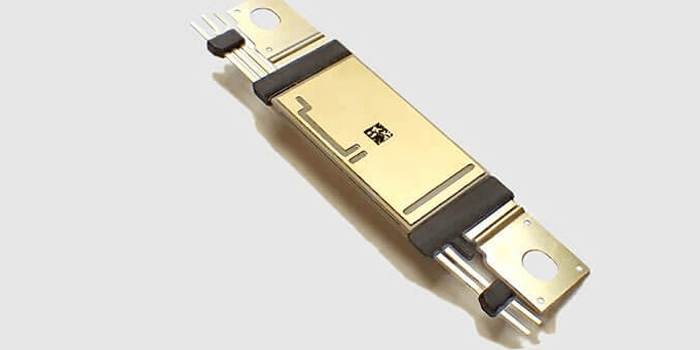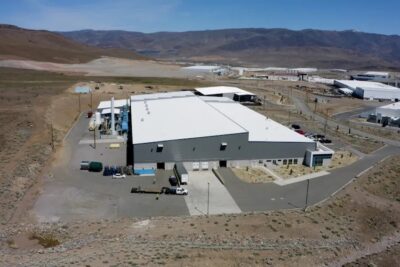BorgWarner takes lead on SUPER inverter project
BorgWarner has received a grant of $5 million from the US Department of Energy to work with partners to develop what they call a ‘Scalable Ultra Power-dense Extended Range’ or SUPER inverter for electric vehicles.
This new inverter is to be smaller, more efficient and more cost-effective than the solutions available on the market today. In concrete terms, it should enable 800 V electric vehicles to meet or exceed the tender target of 100 kW per litre power density. In addition, project plans call for a high power density design ranging from 100 kW to 300 kW of power that can be used either stand-alone or integrated into a drive unit with motor and transmission.
BorgWarner is taking the lead in the 39-month project, which also has Infineon, PolyCharge America, the National Renewable Energy Laboratory and Virginia Tech as partners to bring the SUPER inverter to fruition. In addition, Wolfspeed, Inc. will be a key supplier, according to the announcement.
Dr Stefan Demmerle, President and General Manager, BorgWarner PowerDrive Systems, pointed to the company’s “longstanding relationship with the DOE”. “We have teamed up with an impressive group of industry partners and technology leaders to charge forward with this project,” he added.
During the project’s first year, beginning this October, the group will create the concept for the entire silicon carbide (SiC) based inverter system. The second-year will be dedicated to making all critical components that make up the inverter, including the power module and capacitor, and finalizing the inverter’s design, so BorgWarner. The final year will be used for validation of the components and the SUPER inverter. Once complete, the team expects to take the technology from development to production relatively quickly.
“For this project, we will be leveraging our experience with our unique and high-performing 800V Viper silicon carbide-based inverter, advancing the concept with a building block approach and increasing component integration to achieve higher performance targets and ultimately expand its commercial potential,” continued Demmerle.
The SUPER R&D project is one of 24 university and industry-led projects awarded $60 million through the DoE to reduce CO2 emissions from the transportation sector.





0 Comments